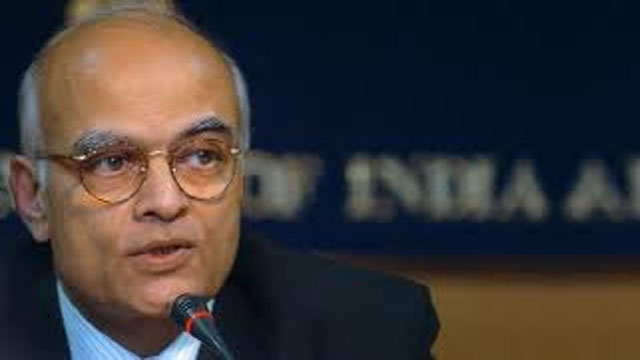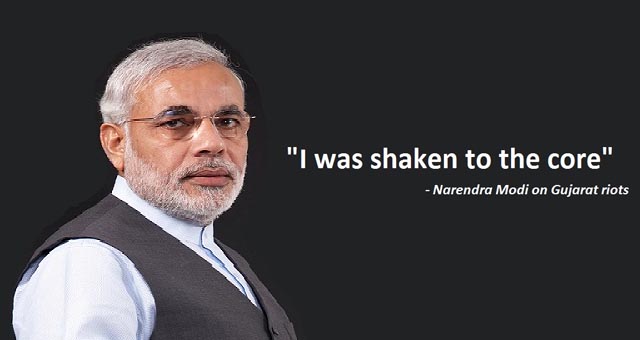The scheduled visit of the Manmohan Singh to the U.S. has elicited hopes of taking the ties to greater heights, simultaneously resolving contentious issues.
Expressing concern at the recent spate of attacks on Indian missions in the conflict-ravaged country, India’s National Security Advisor Shivshankar Menon yesterday reaffirmed New Delhi’s strong and unyielding support towards bringing about socio-political development in Afghanistan.
Washington is presently in the process of withdrawing its troops stationed in Afghanistan in a phased manner as part of a mechanism to hand over combat operations against extremist insurgents to Afghan security forces by 2014. However, a spectrum of political analysts and stakeholders within India has expressed reservations over the move, while highlighting the perceived weaknesses in Afghanistan’s political and social structures.
In this backdrop, India is emerging as a key strategic partner to the U.S.’ ‘Pivot to Asia’ strategy as Washington begins phasing down troops from Afghanistan. While India is wary of the ensuing fallout of this move, there is a fast-gaining recognition in the U.S. on the critical role New Delhi can play anchoring stability in South Asia.
Addressing the Aspen Institute India session on ‘India and the U.S.’, Menon said, “We have had attacks on our missions in Afghanistan for some time. Yet, we want to assist the Afghanistan authorities to do what they want, which is, establish peace and stability in the region. So, we will continue to work with the government and the people of Afghanistan. There is no endgame for India in Afghanistan.”
Menon, India’s top security official, also reflected on the growing India-U.S. relations, especially in the context of the much talked about civil nuclear agreement that is yet to be operationalised. Over the last week, there has been increasing speculation in India over the perceived ‘dilution’ of New Delhi’s position vis-à-vis issues pertaining to the nuclear liability law that holds the suppliers responsible in case of an accident.
Allaying such fears, the National Security Advisor asserted that all civil nuclear projects in India would be subject to the Indian laws. “The civil nuclear agreement is a significant part of our strategy to meet long term power demand in India, which is expected to grow four times over in the next two decades. It has been our consistent stand that the power plant should meet the highest standards of safety delivering power at a price that is competitive vis-a-vis other sources of energy. I was surprised in the last few days to see several stories claiming that somehow Indian law would not apply to projects in India. Civil nuclear projects in India will naturally be subject to Indian law, including civil liability. Domestic and foreign vendors have sought clarifications on some points of that law, which are being examined,” Menon said, while underscoring India’s pressing energy needs.
At present, India-U.S. economic relations have expanded beyond the horizon of the nuclear deal to that of shaping a new Bilateral Investment Treaty (BIT). According to estimates, annual bilateral trade between the two nations has grown nearly five-fold in the last decade, with nearly 50 per cent growth registered during the Obama administration. Owing to closer and stronger business ties, the annual two-way trade is nearly USD 100 billion, while the bilateral foreign direct investment stands at nearly USD 30 billion. Building on these highs, experts feel the need of the hour now is for the US to facilitate the expanding canvas of trade and foster the growth of Indian investments.
“The US is our single largest trading partner and is a source of critical technology, investment, and collaborations, with over $ 11 billion worth of Indian investments in the US, and $ 50 billion of US investment in India. Our total trade in goods and services exceeds 100 billion dollars. Economically, as we go forward we will focus on opportunities, especially in the infrastructure sector; improve market access; negotiate a Bilateral Investment Treaty; pursue constructive solutions in the WTO that addresses our key concerns; and, work to strengthen the global multilateral trade regime, avoiding its fragmentation or the growth of protectionism,” Menon disclosed, while identifying health, energy and education as the central areas of future cooperation.
In the last few months, several top-level visits have been facilitated between India and the U.S., signifying the vibrancy of bilateral ties. US Vice-President Joe Biden’s visit in June earlier this year addressed some key outstanding issues gnawing the two sides, and instilled confidence among the lawmakers and the investors. The scheduled visit of the Indian Prime Minister to the U.S. next week has hence elicited hopes of taking the ties to greater heights while simultaneously resolving contentious issues.





